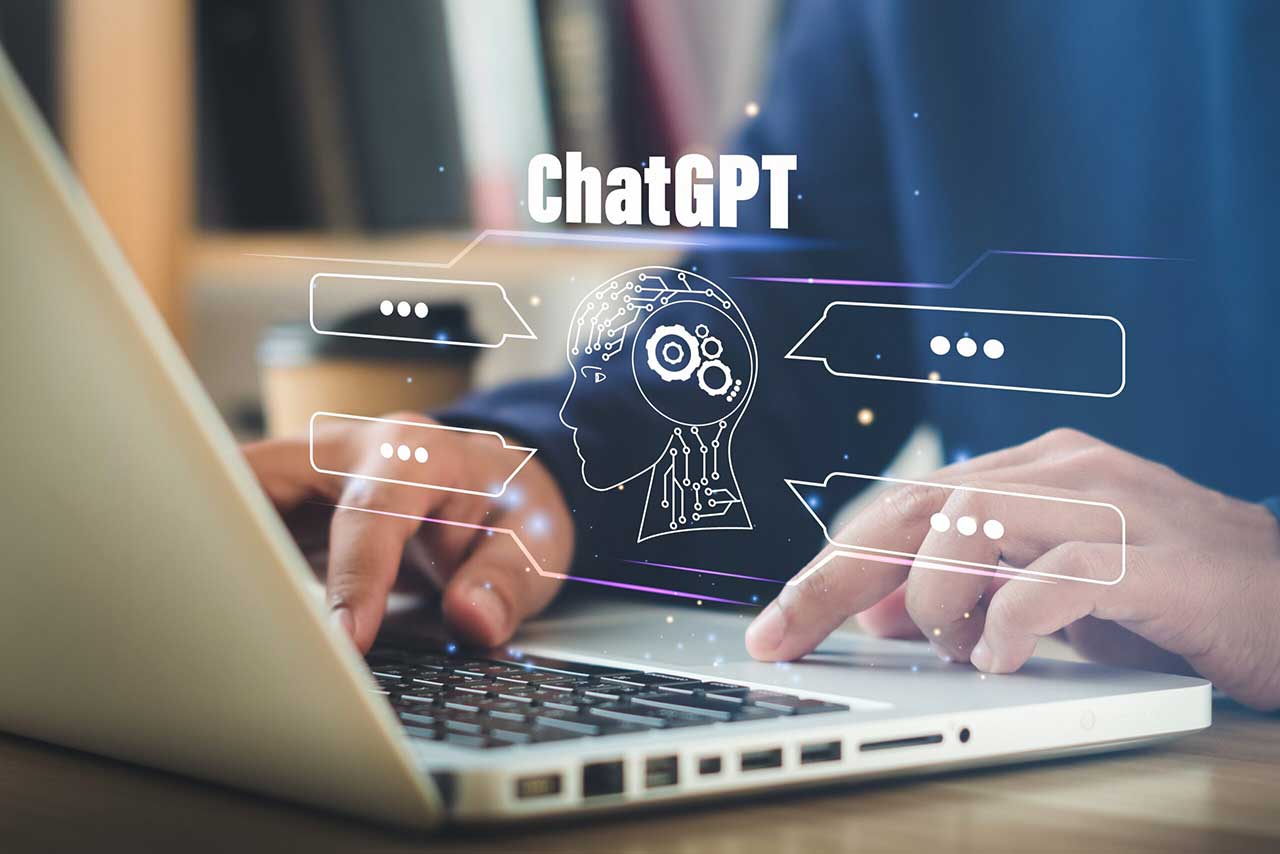
Professional writers and PR specialists can all heave a collective sigh of relief. ChatGPT is not coming for our jobs. Yet.
ChatGPT has probably received the most airtime amongst other competing AI platforms. As a writer, I had many initial concerns ranging from AI making my profession obsolete to the dangers of plagiarism, sources, verifiability and veracity. So as any self-respecting writer would do, I asked the source directly. While it might take me 30 minutes to draft a blog post, its response was generated in seconds. It reassured me that it’s not coming after my line of work and in fact, it has the potential to help PR professionals communicate more effectively with our audiences, build trust, and enhance brand reputation.
As an AI language model, it has the potential to automate certain writing tasks, such as generating simple reports, news articles, or product descriptions. However, this does not necessarily mean that all writers will lose their jobs because of ChatGPT.
While ChatGPT can generate content, it is still limited in its ability to understand and interpret complex human emotions, cultural nuances, and creative expressions. There will always be a need for human writers who can produce content that resonates with a particular audience, capture the brand voice, and communicate a unique perspective.
Moreover, writers who can adapt to the changing technological landscape and integrate AI-powered tools into their workflow may actually be better positioned to succeed in the future job market. Writers can improve their efficiency, accuracy, and creativity, while also developing new skills in data analysis, content strategy, and digital marketing.
ChatGPT can also assist PR pros in internal communications roles by managing a high volume of inquiries or requests and automating certain tasks, such as responding to frequently asked questions or scheduling meetings. This can free up time to focus on more strategic initiatives. It promises to analyze large amounts of data and provide insights into consumer behavior, sentiment, and preferences. This can help PR pros better understand their audience and tailor our communications accordingly.
Lastly, given the 24/7 nature of the media cycle, ChatGPT can help us respond more quickly and effectively to crises by providing real-time feedback and analysis of social media and other online channels, mitigating reputational damage, and protecting brand equity.
While ChatGPT and other AI-powered writing tools may impact certain aspects of the writing industry, it is unlikely that all writers will lose their jobs because of these technological advances. Rather, writers who can embrace new technologies and adapt to changing market demands are likely to remain in demand in the future.
For now and the immediate future, checks and balances as only a human can perform is a win against artificial AI. As is creativity, understanding tone, offering a thoughtful and measured response, high EQ and empathy in our communications. It’s an exceptional arrow in your quiver, so use it to your advantage. As to guessing how much of this article was authored by ChatGPT, I’ll leave that up to you.
Author:
Reshma Fernandes
reshma@escalatepr.com